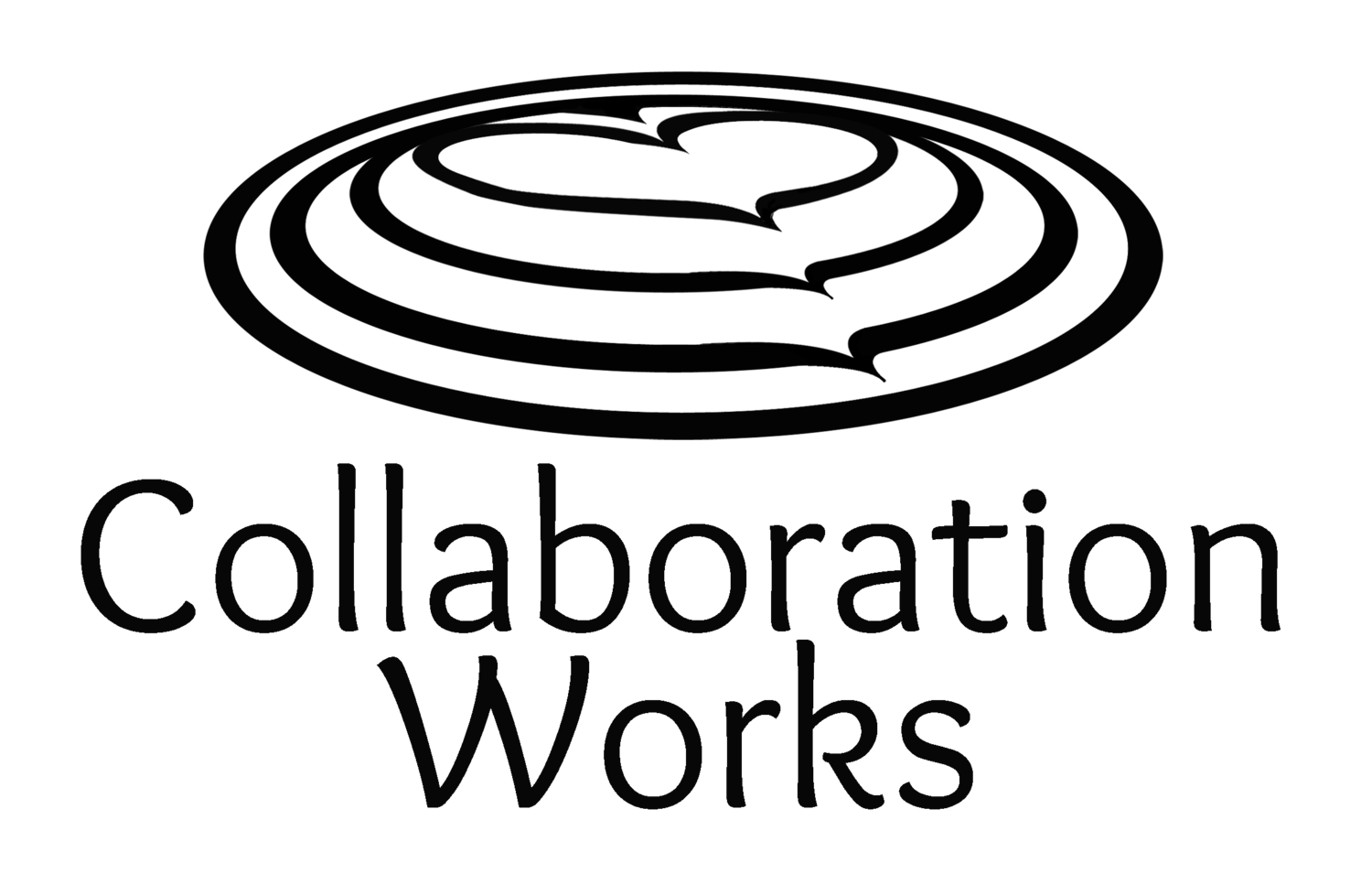Can you measure the ROI on that?
As a marketer, how often have you heard that question? Working in the ERP software industry, many of my bosses have been “non- practicing CPAs” and other financial types. So, the question very often comes down to math. I hate math.
I heard a podcast recently and had an “ah-ha moment”. Finally, someone was able to put into words why successful marketers can’t be so concerned with the math and metrics.
In episode #78 of the Seeking Wisdom podcast, David Cancel, CEO of Drift said: “The problem with marketers, modern data-driven marketers, is that marketers want you to only invest in things that are super measurable so they can measure every click, interaction, pixel, blah, blah, blah. That's cool, but the problem with that approach is that if something is perfectly measurable from a marketing standpoint, by definition the arbitrage, aka the opportunity in that channel, is probably already gone. Why? Because if it's perfectly measurable, everyone's going to move their dollars into these perfectly measurable campaign types or activities.”
Exactly! Many times during my career as a marketer I have had to pitch an idea to the person holding the purse strings and found myself saying: “I know this might sound crazy but…. I really think it could work.”
It’s true that when you try “the crazy idea” sometimes it doesn’t work. Sometimes you waste money. But when it does work, you’ve struck marketing gold.
In the same podcast Dave Gerhardt, Director of Marketing at Drift, said, “This goes back to why we have to be willing to do so many new things and test so many new channels, because you've got to find the new ones, right? Look back to the people who did podcasts early. Were they good at it or were they early? First people that have blogs. Were they good at it or were they early?”
When I look back to when we started the ERP Software Blog and CRM Software Blog in 2009, I realize we had very little idea what we were doing. The ten Microsoft Dynamics ERP partners that joined our blog really were visionaries, buying into an idea of something that had not been proven and could not be measured. We were the first ones to do it. The first ones to see an opportunity to “use the power of the group”.
Those blogs have grown beyond my wildest imagination. And group blogs that started later, with the same model, have just never really taken off. I think we succeeded not because we did it best, but because we did it first.
I started listening to this Seeking Wisdom podcast recently because I received an invitation to their upcoming HyperGrowth conference, hosted by Drift. Now I can see why this conference sold out one month in advance. If one “side rant” during a podcast was powerful enough to make me reflect on my own career and marketing style for weeks afterward, imagine what a full day of motivation will be like!
My advice to other marketers out there is to listen to your gut. Don’t always play it safe and do what everyone else is doing. Don’t get disheartened if some ideas don’t work out. Keep looking for that next new idea. And if you have a boss that doesn’t allow you to do this, who only focuses on the math. . . consider finding another boss.
Eventually, when a few of your “crazy” ideas are successful, even the most metric minded boss will trust your instincts.
Learn how to say, “This might sound crazy, but I think it could work.” And that is when you will start to do some very cool things in marketing.
By Anya Ciecierski, Collaboration Works Marketing
Follow me on Twitter: @AnyaCWMktg

